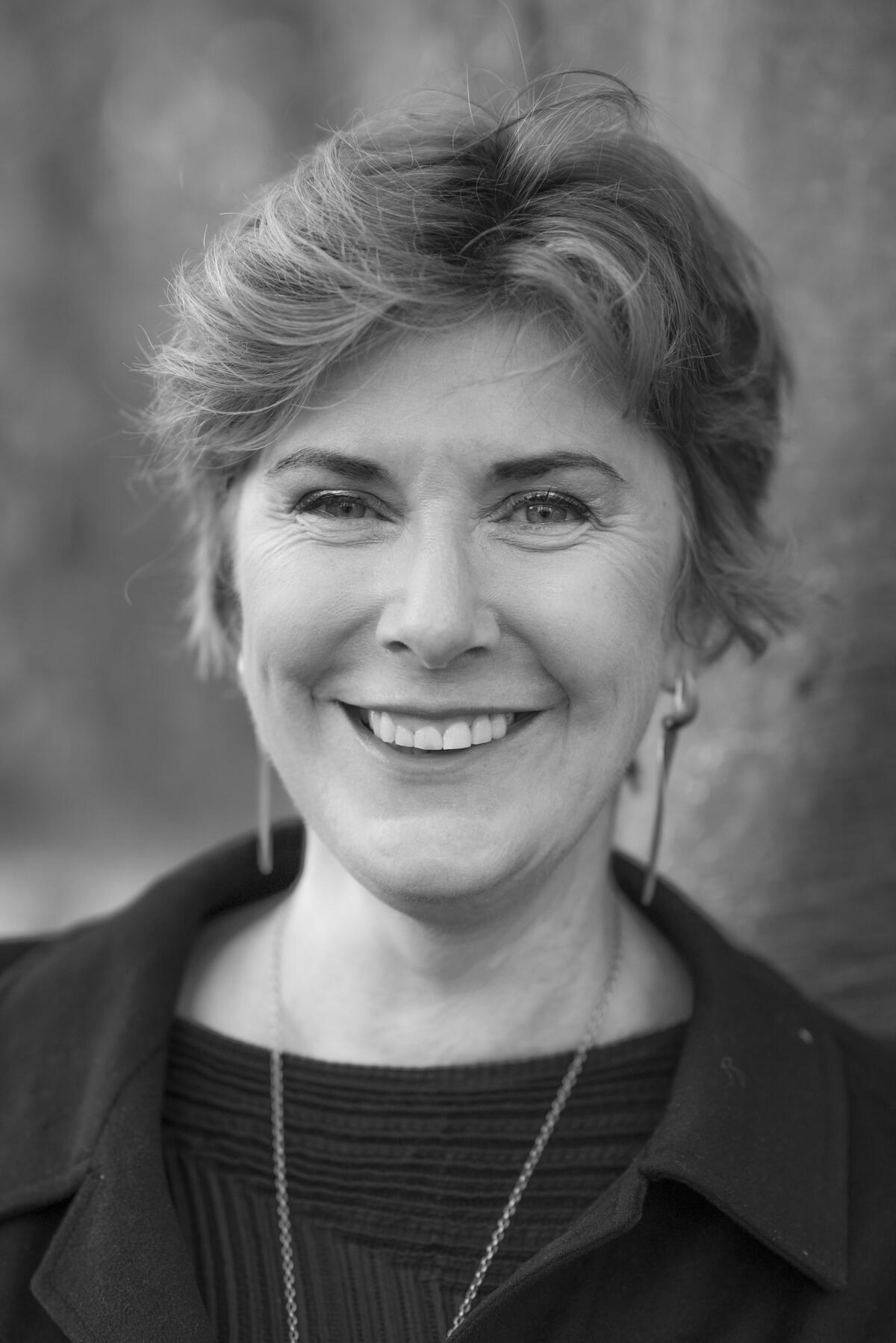Hector Finch was exposed to antiques and metalwork from a young age—his childhood bedroom was above his father’s antiques shop in Preston, England. In 1991, he moved to London and set up his own shop—attracting the attention of his future wife, who was searching for a birthday present for her mother. “The first time I ever saw Hector, he was standing in the doorway of the little workshop at the back of his shop—which, believe me, was very small—and he had a lamp in one hand and a screwdriver in the other,” Emma Finch tells host Dennis Scully on the latest episode of The Business of Home Podcast. She eventually joined the family and the business, bringing experience in fine art publishing and marketing that helped Hector create a brand identity for the store and launch their first collection in the early 2000s.

Hector Finch now sells its early 20th century–inspired lighting pieces all over the world, with representation in multiline showrooms like Harbinger, James and R Hughes. The two years following the pandemic brought a lot of growth, but since then, the duo have been on the slow-and-steady route. “If we put on another 12 [or] 13 percent growth this year, I’d be very happy with that,” says Emma. “I think we’ve been lucky in terms of supply chain, because we are mainly manufacturing boarding components such as glass, ceramic and alabaster in Europe. I think we’re in a reasonably rosy place going forward.”
One obstacle in the road is knockoffs. While it is a frustrating experience, they try not to get bogged down by it and instead keep their eyes on their own journey. “An item will start with one [maker], and inevitably, if it’s successful, somebody further down the chain will do a slightly watered-down version. It is the nature of the beast,” says Hector. “You’ve got to stay one step ahead. I’m just looking at the next thing and ringing up my manufacturer [and] my glass people, doing the sketch, trying to come up with another idea. I’m not going to get hung up on that—I just keep going.”
Elsewhere in the episode, the couple discuss the challenge of connecting with young designers, why the multiline showroom model is perfect for smaller brands, and how they stay true to their European roots.

Crucial insight: For Emma Finch, having sound financial footing for the business was essential to the company’s success—and getting there involved staying true to their pricing model. “One should never downgrade one’s prices just because you want to get an order,” she says. “You can look at it in a sensible way and look at the margins and offer an additional discount based on whatever margin you’re making, but at the end of the day, I very rarely give away more than another 10 percent.” Being a small business, she and her husband also learned to stick with their strengths and find people to shore up their weaknesses. “Employ people to do the work that you’re no good at,” she adds. “Doing a little bit of soul searching and recognizing where your weaknesses are is really important, and then putting your hand up and saying, ‘Right—I’m going to find somebody else to do this, because it’s not my bag’ is vital.”
Key quote: “I think it’s very dangerous to go looking around too much,” says Hector Finch. “I’m not saying I never look at a competitor’s website, but do I do a lot of that? No. I try to have blinkers on a little bit, because I think you really have got to try and do your own thing. You don’t want to be just a follower all the time. You need to try and stay true to who you are and what the brand is.”
This episode is sponsored by Loloi. Listen to the show below. If you like what you hear, subscribe on Apple Podcasts or Spotify.
The Thursday Show
BOH executive editor Fred Nicolaus and host Dennis Scully discuss the biggest news in the design industry, including a massive retail bankruptcy, the health of the high-end real estate market and the vanishing American porch. Later, Keith Granet of Studio Designer and Sarah Daniele of Mydoma join the show to discuss the deal that brought their two companies together.
This episode is sponsored by Isla Porter. Listen to the show below. If you like what you hear, subscribe on Apple Podcasts or Spotify.





























